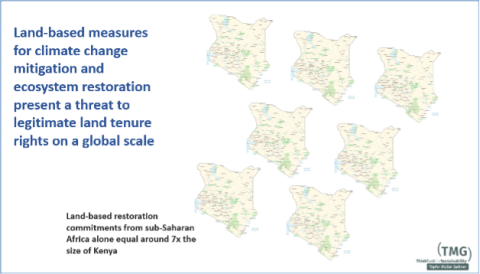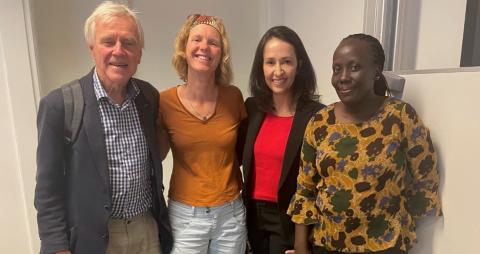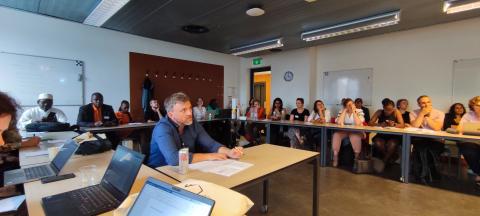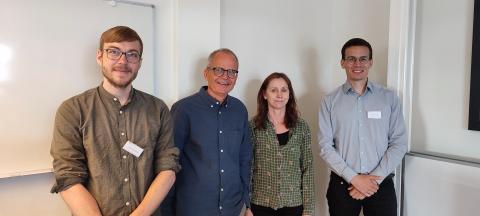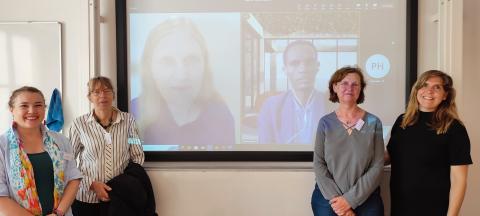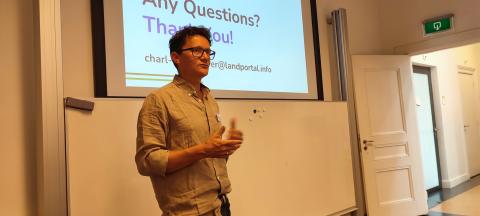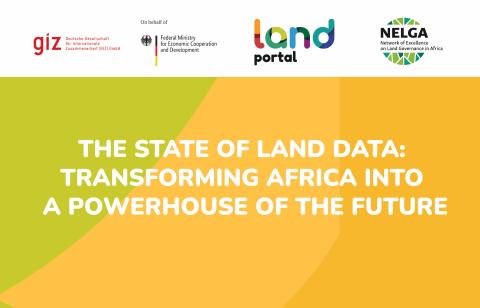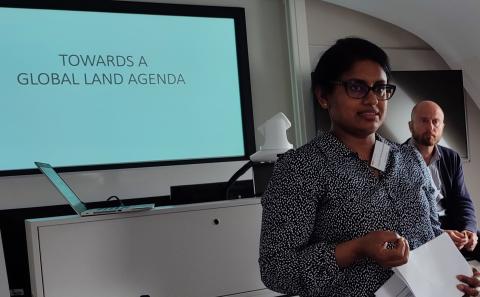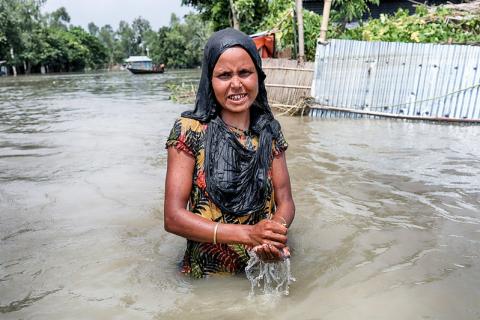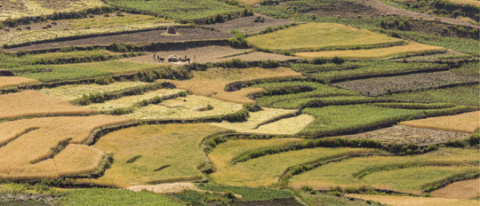Discover hidden stories and unheard voices on land governance issues from around the world. This is where the Land Portal community shares activities, experiences, challenges and successes.
 Follow our
Follow our
Sustainable Development Goals
Blog Series!
Interested in land corruption?
Follow our Land & Corruption Blog Series
for in-depth perspectives from the experts.
Issues
Geographical focus
Good Land Governance is a governance system that aims to protect the property rights of individuals and enterprises based on following good governance principles like accountability, transparency, the rule of law, effectiveness, efficiency, equality and public participation (Espinoza et al, 2016; Zakout et al., 2006). The line of criticism applied to notions of Good Land Administration or Good Land Governance is their vague and rather declarative character.
This session addressed the fact that the rights implications and the social and economic consequences of current climate change and biodiversity strategies in the context of the Rio Conventions for millions of people are not sufficiently acknowledged, researched, and addressed. The presenters and participants discussed the urgent need to have public, academic and policy debates about the impact of land-based climate and biodiversity strategies on poor communities and the development trajectories of rural economies.
This session brought together insights on land governance and climate resilience, with a specific gender focus. Women suffer from lack of access to, decision making over, and use of land. At the same time, climate change disproportionally affects women. Research indicates that ‘gender just land governance’ forms the key to use land in a sustainable, climate-proof way. There are many entry points to make land governance just and inclusive of women.
Communities in developing countries are increasingly exposed to the effects of climate change. Although they contribute little to greenhouse gas emissions, many communities are at the forefront of climate change and the associated extreme events. They are faced with events that undermine their food security, such as droughts and floods, but also increased pressure on land due to climate-induced migration. In this session, we delved into the nexus of climate change and land governance.
In the wake of global climate action, large-scale land acquisitions (LSLAs) for renewable energy and carbon offset projects will increase the pressure on land. In addition, deforestation-free value chains that are also intended to reduce carbon emissions will require changes in the conduct of LSLAs. This session assessed the scope of these investments and policies and reviewed their livelihood and environmental impacts in the Global South.
Key takeaways
This panel session reflected on the definition of ‘scaling-up’ with experts from the field bridging experiences from the ground to the theoretical concept of scaling. The focus lied on scaling for increased tenure security – geographically and/or institutionally. Reflections were given on what was scaled, why, how scaling unfolds and what has been learned – in the field of land governance. The session was organized by LAND-at-scale. Scaling is at the heart of both the name as well as the strategy of the LAND-at-scale program (LAS).
At the Land Portal Foundation, we advocate for open land data and recognize the importance of land data in driving progress in support of sustainable development. We aim to engage stakeholders and develop supportive measures to advocate for the increased accessibility of land information and support capacity building in this regard. The current challenge we face is the inaccessibility of poorly managed land data, often limited to localized sources and overshadowed by information from large organizations.
The State of Land Data: Transforming Africa Into a Powerhouse of the Future" took place on June 22 and featured five speakers. The event was organized by the Land Portal Foundation, NELGA, GIZ and German Cooperation.
In a world grappling with numerous challenges related to climate change, socio-economic issues, and migration, the significance of land cannot be overstated. Land is not just a concern for the land community but for all communities, as it holds the potential to address critical global issues. Recognizing the need for a comprehensive approach to land governance, a global land agenda is being proposed. This blog explores the origins, objectives, and actions required to pave the way for effective land governance on a global scale.
In the context of the joint IOS-Fair Transitions-LANDac International Conference, the parallel session on Justice at the heart of land governance: Envisioning the intersections of informal justice with land conflict, climate vulnerability, and food insecurity took place on June 30th, 2023.
This piece has been co-authored by the Land Portal Foundation, the GFAR, ANGOC and ALRD.
// Photo credit: UN Women Asia and the Pacific
Land tenure security is one of the best incentives for the rural poor to adopt measures to mitigate and adapt to climate change.
Despite being a part of national government planning, large-scale agricultural investments in Ethiopia have not been meeting expectations. Focusing on Gambella region in southwestern Ethiopia, this policy brief examines the reasons why, and proposes three policy actions to improve the situation.
Three policy actions required


